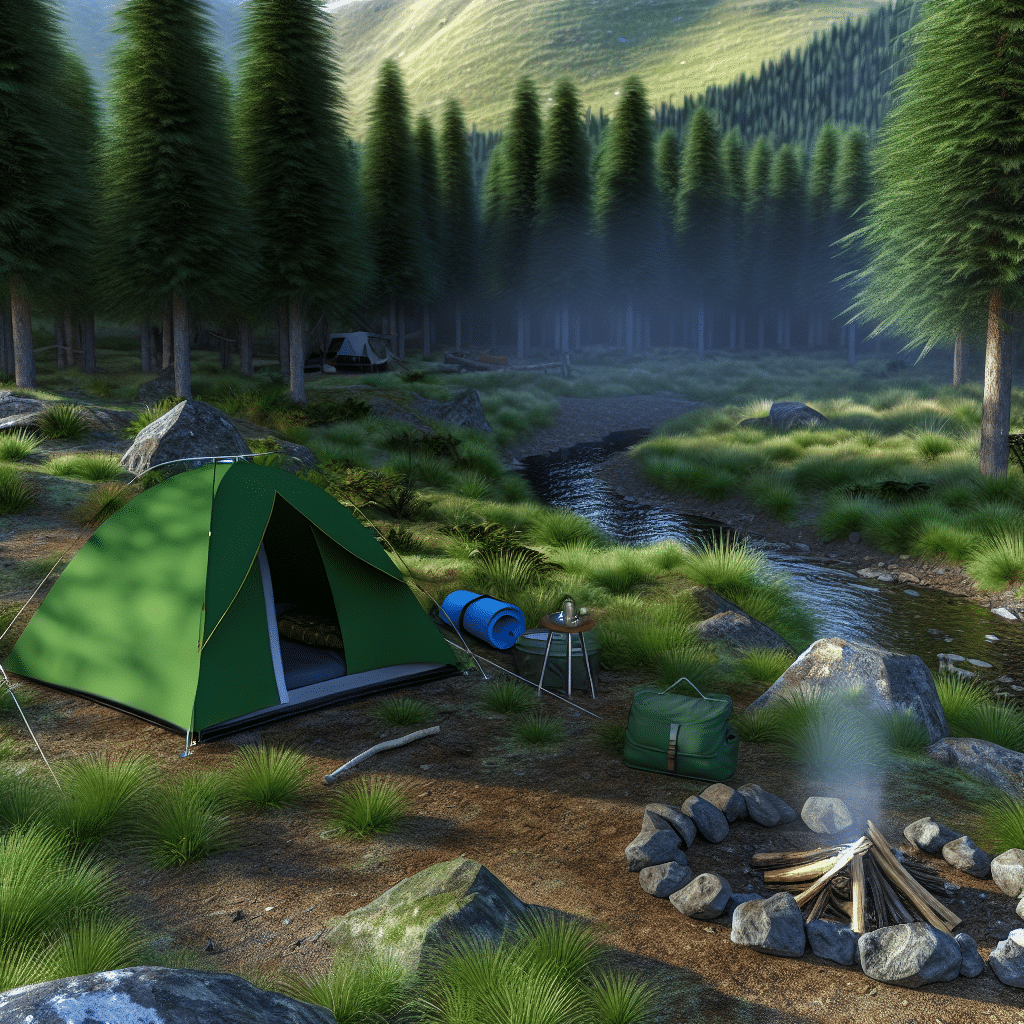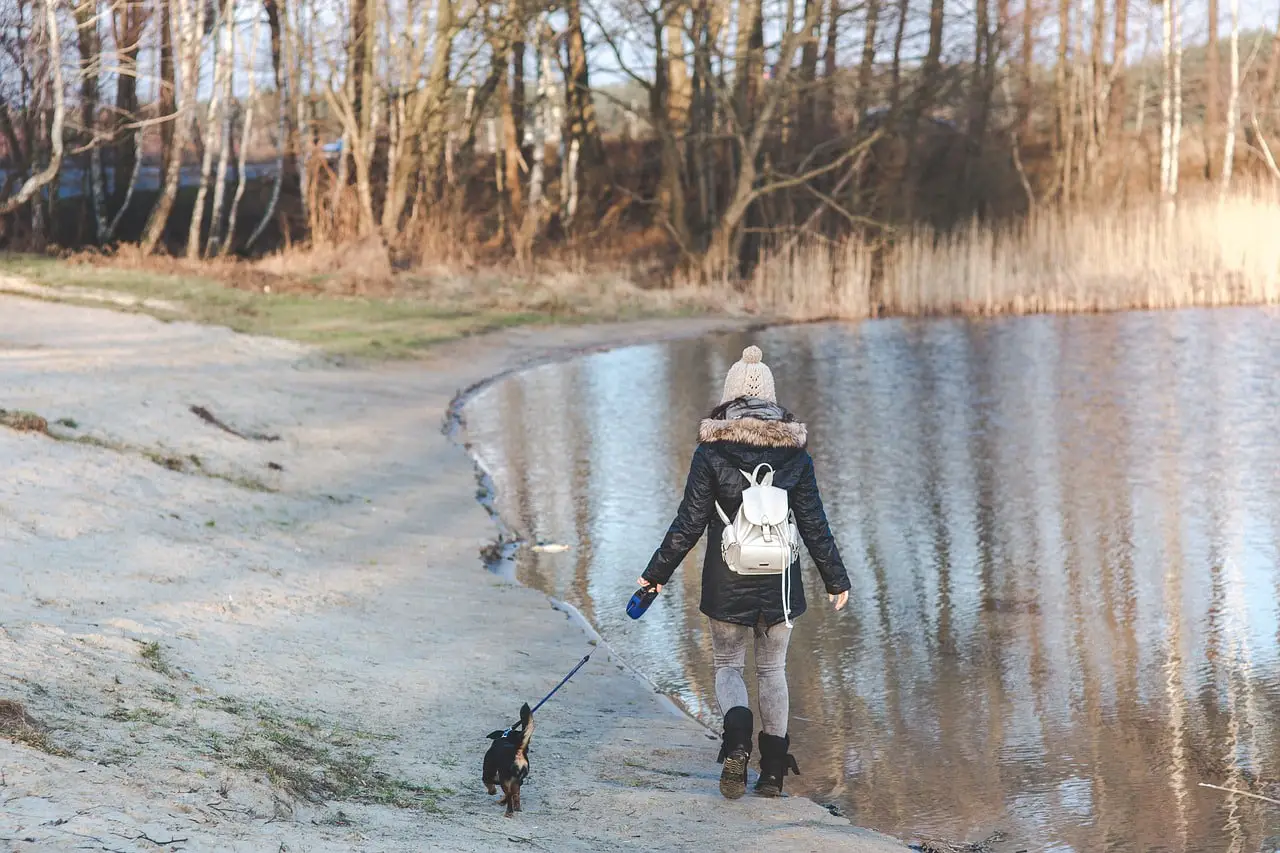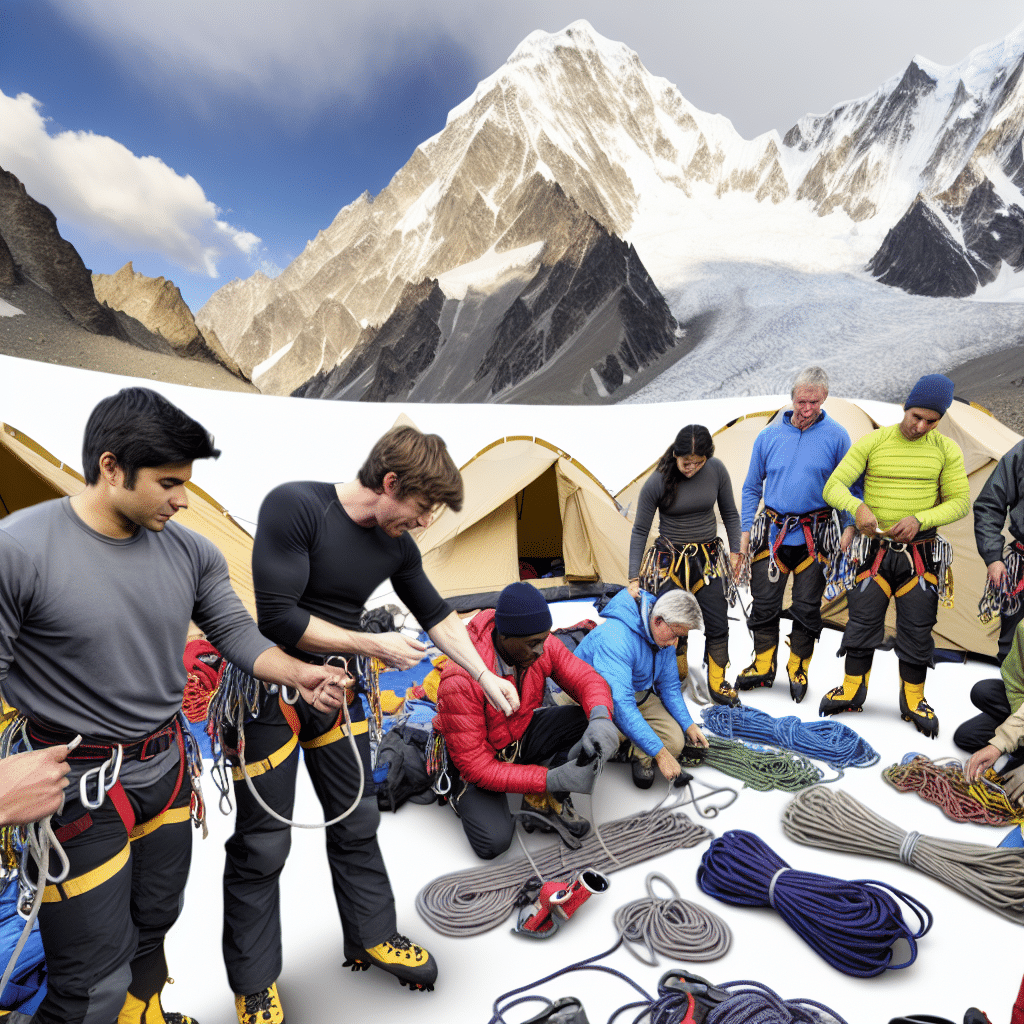For those yearning to escape the hustle and bustle of daily life, the allure of the great outdoors often leads to the growing trend of dispersed camping. But what exactly is dispersed camping, and why is it captivating so many adventurers? This article will delve into the essence of dispersed camping, highlight its benefits and challenges, and offer some tips to ensure a successful and fulfilling experience.
What is Dispersed Camping?
Dispersed camping, also known as wild or backcountry camping, refers to camping outside of designated campgrounds, typically on public lands managed by agencies like the U.S. Forest Service or the Bureau of Land Management (BLM). Unlike traditional campgrounds, dispersed camping areas often lack amenities such as restrooms, picnic tables, and fire pits, offering a more rugged and secluded experience for campers who crave solitude and connection with nature.
Why Choose Dispersed Camping?
The Lure of Solitude
One of the primary attractions of dispersed camping is the opportunity to trade crowded campgrounds for serene and secluded spots in nature. Without the presence of other campers, the quietness and tranquility can be deeply refreshing. For those who seek to recharge and reflect amid nature’s beauty, dispersed camping provides an ideal setting away from the noise and stress of urban life.
Freedom and Flexibility
Dispersed camping offers a level of freedom that structured campgrounds simply cannot. Campers can choose their own spots based on preference and exploration, whether it’s by a babbling creek, on a mountainside with panoramic views, or in the depths of a forest. There’s no need for reservations or designated plots; you carve your own adventure.
How to Practice Responsible Dispersed Camping?
Leave No Trace Principles
One of the critical aspects of dispersed camping is practicing Leave No Trace principles. As dispersed camping is typically in undisturbed natural areas, it’s essential to minimize your impact. This includes packing out all trash, using a portable toilet or digging a proper cathole for human waste, and leaving vegetation and natural features as you found them.
Fire Safety
Campfires can be a cherished part of the camping experience, but they also pose significant risks, particularly in dry conditions. Before starting a fire, check local regulations and fire bans. Clear an area for the fire, keep it small, and ensure it is completely extinguished before leaving.
Wildlife Considerations
When dispersed camping, you are a guest in wildlife habitats. Store food securely to avoid attracting animals and maintain a safe distance if you encounter wildlife. Do not feed animals, as this can alter their natural behaviors and pose dangers to both the wildlife and future campers.
What are the Challenges of Dispersed Camping?
Lack of Amenities
The most obvious challenge of dispersed camping is the absence of amenities. Campers must be self-sufficient, bringing along all necessary gear, food, and water. This requires careful planning and preparation to ensure you have everything you need for a comfortable and safe experience.
Navigational Skills
Navigating to and from your dispersed camping site can be challenging, especially in remote areas without marked trails. Having a good map, compass, and GPS device is critical. Familiarize yourself with the area and have a plan for emergencies.
Weather and Terrain
Dispersed camping often takes place in rugged and undeveloped areas, which can present unpredictable weather and challenging terrain. Campers must be prepared for a range of conditions, from sudden storms to steep and rocky landscapes. Building a robust skill set for outdoor survival is advantageous.
Tips for a Successful Dispersed Camping Trip
Plan Ahead
Research your destination thoroughly, including the rules and regulations for dispersed camping in that area. Check the weather forecast and plan your gear accordingly. Let someone know your plans and expected return date.
Pack Essentials
Key items for dispersed camping include a reliable tent, sleeping bag, cooking equipment, a first aid kit, adequate food and water, navigation tools, and hygiene supplies. Don’t forget extra layers and rain gear.
Respect the Environment
Your goal should be to leave the location as pristine as you found it, if not better. Stick to existing trails and campsites where possible, avoid disturbing wildlife, and adhere to all Leave No Trace principles.
Is Dispersed Camping Right for You?
Dispersed camping offers a unique and rewarding way to connect with nature. However, it requires a higher level of preparation and responsibility than traditional camping. If you’re an adventurer at heart who values solitude, freedom, and the beauty of unspoiled landscapes, dispersed camping might just be the perfect retreat.
In conclusion, what is dispersed camping if not an invitation to rediscover the raw, unfiltered beauty of our natural world? Whether you’re a seasoned outdoors enthusiast or a curious newcomer, the experience promises to be both challenging and deeply fulfilling, offering you a chance to immerse in nature like never before. Embrace the call of the wild and embark on your dispersed camping journey today!




